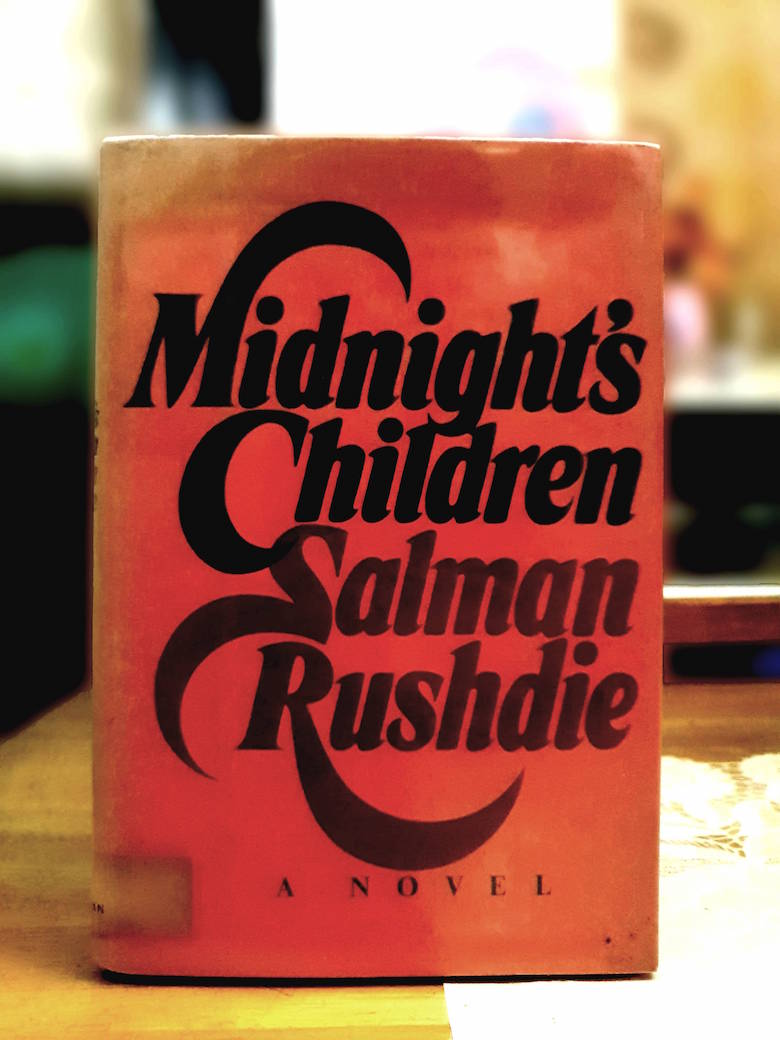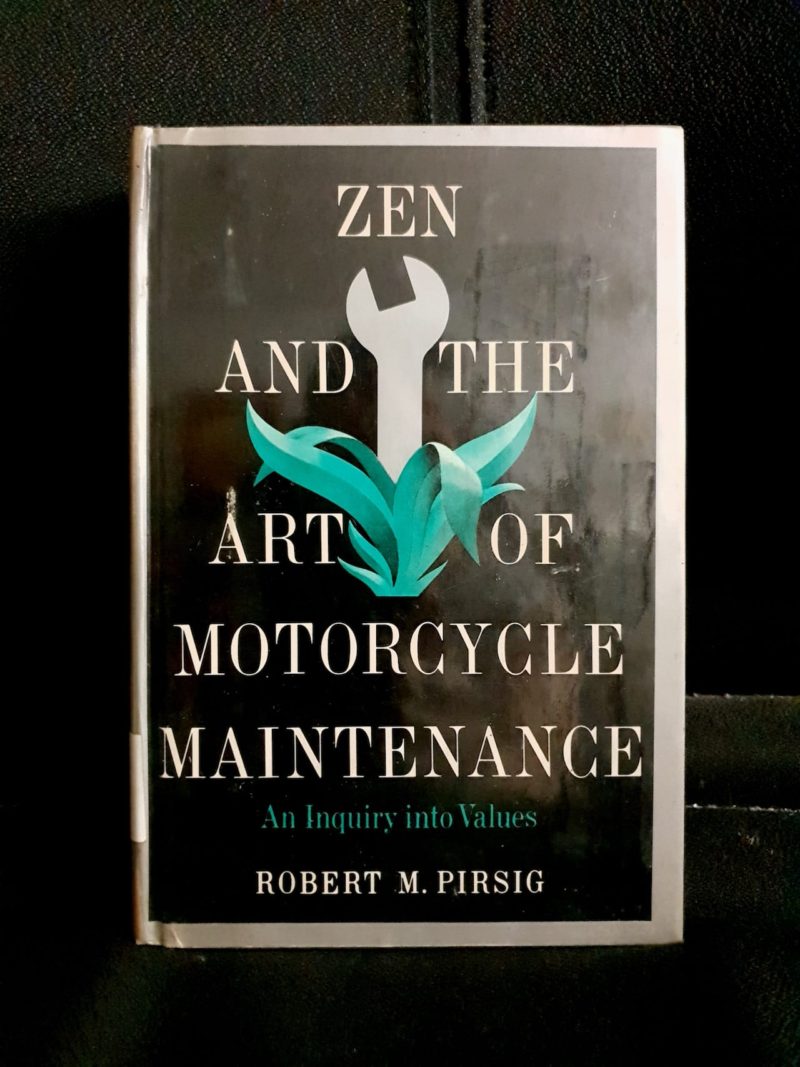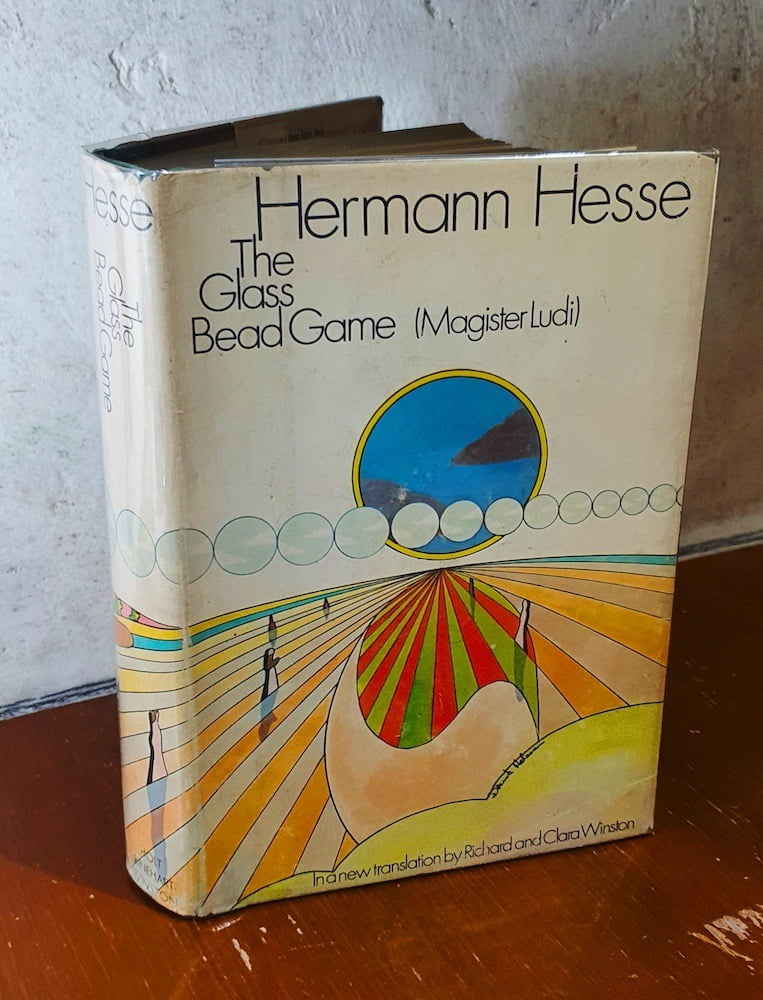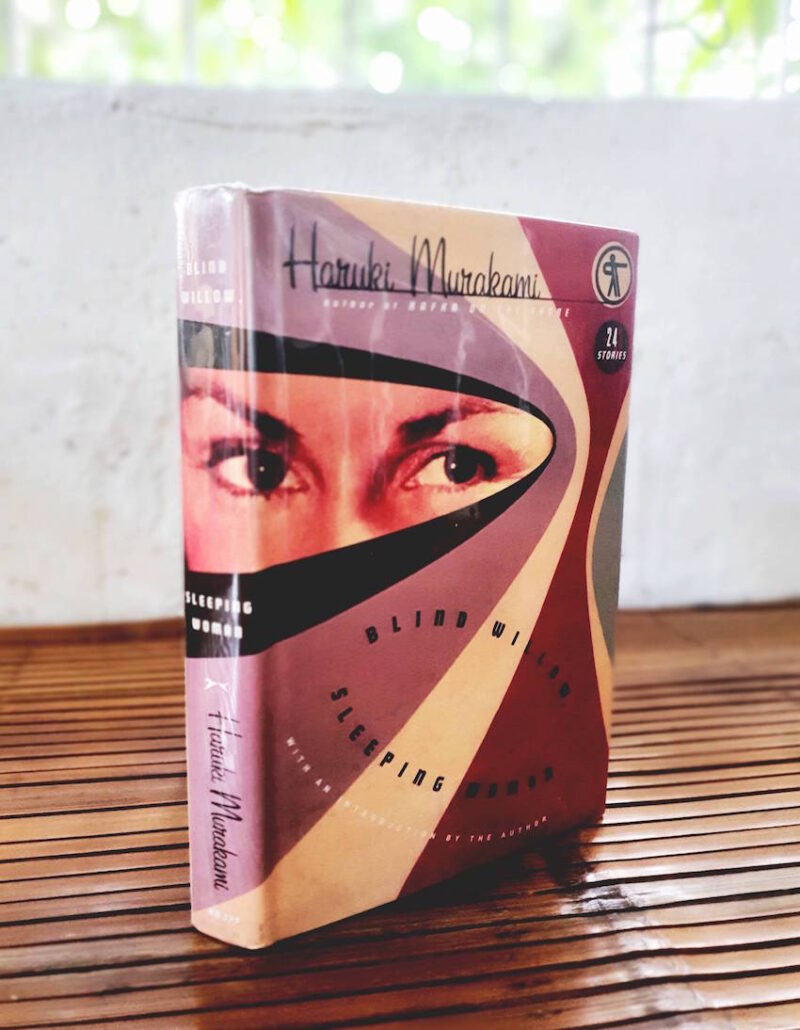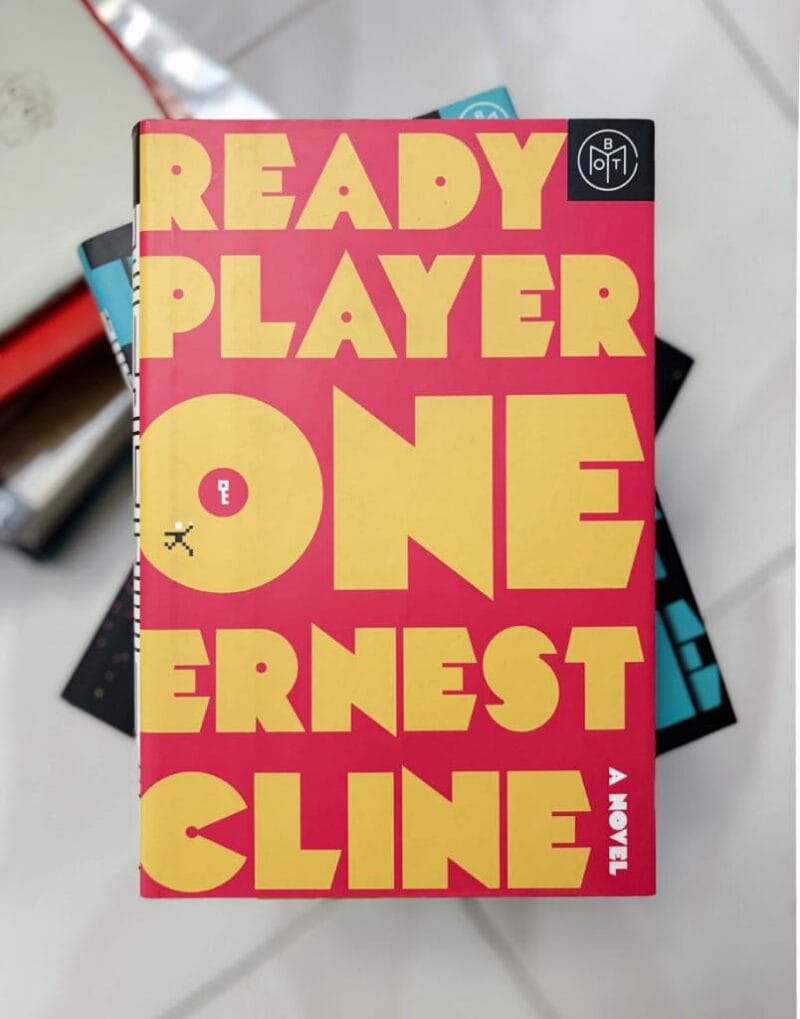In 1981, Salman Rushdie’s novel won the Booker Prize, an award given each year to the author of the best novel written in English and published in the United Kingdom or Ireland. In 1994, to commemorate the prize’s 25th anniversary, a special award called the “Booker of Bookers” was established. W.L. Webb and David Holloway were invited to select the winner who then awarded the prize to Midnight’s Children.
In 2008, Rushdie’s novel again won “The Best of Bookers,” a special prize created to commemorate the Booker Prize’s 40th anniversary. There was little fanfare when it was first released in 1981 but became a worldwide hit after a while, winning critical and popular praise. An online public vote of just over 7,800 votes selected the book from the shortlist, making it the first book to win a literary award based solely on popularity.
Midnight’s Children is a collective fabrication of myths, fancies, and nightmares, giving Rushdie’s India a political as well as artistic importance. In the first hour of India’s independence from the United Kingdom, two children become inextricably linked by their fates, when they were born in Bombay (now Mumbai) at exactly 12:01 a.m. on August 15, 1947, and a nurse switches them. Saleem Sinai, the illegitimate son of a low-caste woman will be raised by a wealthy couple, while Shiva, the son of to the wealthy couple, will be raised in a destitute Hindu family by a street performer.
With Independence and Partition as its main themes, the novel’s characters redefine themselves across a broad human and geographical terrain. In order to create a definitive version of the past, the narrator of Midnight’s Children experiences funny hitches and mishaps. Saleem possesses the magical abilities of smell and telepathy, which are shared by all of midnight’s children, as a plot device that provides a better understanding of post-colonial people’s psychological and mental conditions.
Magical realism is a style of fiction that incorporates elements of the supernatural or fantastical with more conventional storytelling. Rushdie uses the midnight’s children and their extraordinary telepathic abilities as a lens through which to examine India’s troubled journey following the initial hope and optimism of Indian Independence.
While portraying the nation as family allegory, the novel employs magical realism as a narrative technique to deconstruct the parallels between the two main characters intertwined fates and India’s post-colonial history, wherein Rushdie tries to paint everything from the funny to the tragic, as well as the genuine to the fantastical, intermingling the polarity and unity of the postcolonial experience.
Memorable Quotes
I am the sum total of everything that went before me, of all I have been seen done, of everything done-to-me. I am everyone everything whose being-in-the-world affected was affected by mine. I am anything that happens after I’m gone which would not have happened if I had not come.
Salman Rushdie, Midnight’s Children
Unless, of course, there’s no such thing as chance;…in which case, we should either-optimistically-get up and cheer, because if everything is planned in advance, then we all have a meaning and are spared the terror of knowing ourselves to be random, without a why; or else, of course, we might—as pessimists—give up right here and now, understanding the futility of thought decision action, since nothing we think makes any difference anyway, things will be as they will. Where, then, is optimism? In fate or in chaos?
Salman Rushdie, Midnight’s Children
Further Reading
The Science of Magical Thinking by Kristopher Jansma, centerforfiction.org
Off Topic: Why you would like Midnight’s Children by Salman Rushdie by Matthew Rossi, Blizzard Watch
Reading Guide from Midnight’s Children, Penguin Random House
The Booker of Bookers, thebookerprizes.com

